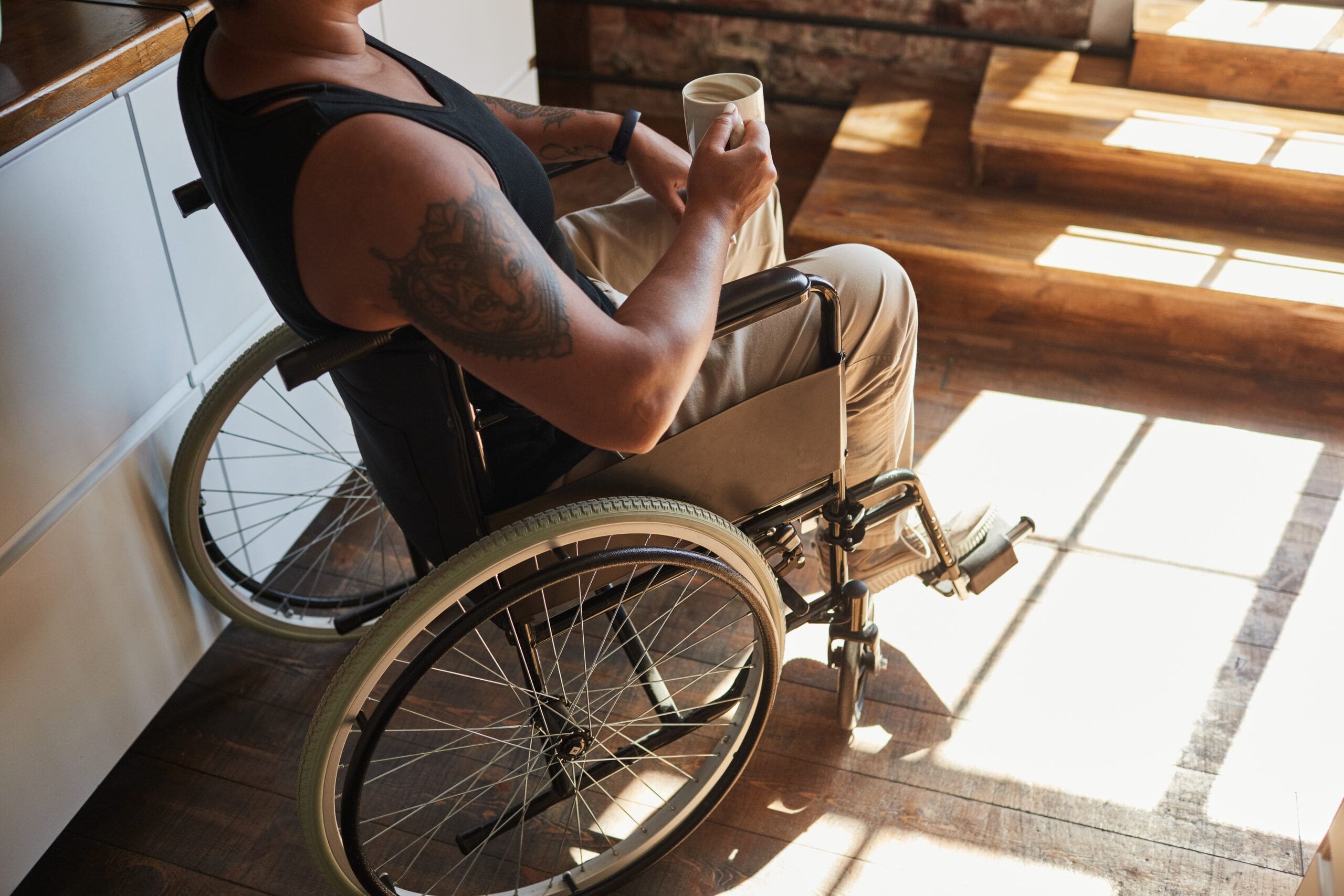People are being told they will have their benefits cut if they don’t attend job agency appointments, as government resists calls to pause ‘mutual obligation’
Original article: https://www.theguardian.com/australia-news/2022/jan/16/its-really-scary-welfare-recipients-forced-to-attend-in-person-appointments-despite-omicron-surge
A woman with chronic illnesses and an immunocompromised partner and the single mother of a toddler are among those being told they’ll have their benefits cut if they don’t attend face-to-face job agency appointments, despite an unprecedented surge of Covid cases.
Welfare mutual obligations, which have been suspended in Covid-affected areas for much of the pandemic, were reintroduced nationally in late October. Last week the government rebuffed calls to pause them, despite soaring infection numbers.
Guardian Australia has confirmed that while some job agencies are allowing people subject to mutual obligations to meet their requirements from home – by conducting meetings by phone or online, for example – others are insisting participants attend in person.
A participant in the disability employment services program, who did not wish to be named, said her provider warned her that she must attend a group job coaching meeting scheduled for next week.
The 23-year-old, who lives in Adelaide, said she lived with chronic illnesses but was most worried about infecting her loved ones.
“My partner has an autoimmune disorder and is on immunosuppressant medication,” she said. “I’m not really comfortable going out and potentially exposing myself and him.
“He works at the airport but he has decided to take unpaid leave because of the risk.”
Jobseekers face having their payments suspended if they fail or refuse to attend a scheduled appointment with their employment services provider.
For much of the pandemic, the government paused mutual obligations – which meant jobseekers could either continue receiving services online, or stop taking part in meetings. During the period, welfare payment suspensions for “non-compliance” were not applied.
This time, the government has rebuffed calls to return to those measures, instead setting lockdowns – which have been all but ruled out by state leaders – as the marker to dictate when mutual obligations might be stopped again.
Lauren Colvin, 38, is another welfare recipient who is being required to attend face-to-face appointments.
The single mother, who has a 17-month-old son, learned last week she was being forced on to the ParentsNext program, a controversial pre-employment program for those on parenting payments that has been decried as sexist.
“I have to take my toddler [to the face-to-face meeting],” Colvin said. “We’ve been basically isolated. It’s really scary.”
Colvin, who lives near Newcastle, said she was told by Centrelink she would need to attend a face-to-face appointment on Monday with a ParentsNext provider. The program is supposed to be aimed at getting those on parenting payments on to a path towards employment.
But Colvin, who is a qualified primary school teacher, is already in the middle of a career shift, having completed a bachelor’s degree last year. She starts a master’s of psychology this year.
Colvin believes she is not eligible for ParentsNext because she is already studying, a claim backed by guidelines published online, but Centrelink has insisted she must go to the meeting.
“He just kept repeating the same line, ‘We are not currently under lockdown, therefore you must fulfil your obligations,’” Colvin said. “That was what he just kept reverting back to.
“I tried to contact the complaints line, but just haven’t been able to get through.”
Another participant in the jobactive employment program, who is based in Melbourne, asked for his next meeting to be over the phone rather than in person but was refused.
He said he was told “it’s the government’s rules and I have to do it or my payment will be cut”.
“Given this is an office with a bunch of random people going in and out all day, it’s scaring me a lot,” he said.
Cassandra Goldie, the chief executive of the Australian Council of Social Service, said mutual obligations should be suspended.
“We should not be forcing people to attend unnecessary, risky face-to-face activities, like group job-searching or appointments with jobservice providers, under threat of being cut off from their life-sustaining income support,” she said.
Kristin O’Connell, of the Antipoverty Centre, said the government should suspend mutual obligations in a “return to the strategies that kept us safe in 2020”.
“Moving activities online doesn’t go far enough – payment suspensions must be removed immediately,” O’Connell said. “We are desperately searching for Covid tests, trying to meet our basic needs in the face of shortages, and do all this on poverty payments. People need the time and space to focus on keeping themselves safe, and caring for loved ones, and recovering if they fall sick.”
A Department of Employment spokesperson said providers were required to “ensure face-to-face service delivery is safe, permitted by the relevant jurisdiction’s health orders, appropriate to the participant and staff, is reasonable in the circumstances and beneficial to the participant”.
“If a participant feels that they have a valid reason for not attending face-to-face services, such as a health or Covid-19 related issue, they should advise their provider before their appointment or activity,” the spokesperson said.
“Providers are required to find the participant an alternative and suitable service if the participant has a valid reason.
“Additionally, anyone who is sick, whether that be related to Covid or any other illness, is directed to isolate or is caring for someone who is isolating, can seek an exemption to their mutual obligation requirements.”
A spokesperson for the Department of Social Services, which runs the Disability Employment Services program, said participants were “only required to attend face-to-face appointments where it is safe to do so”.
“Participants concerned about face-to-face appointments affecting their health or that of an immediate family or household member, are offered alternative servicing arrangements,” the spokesperson said.
However the spokesperson confirmed it was DES providers that “determine whether appointments and other mutual obligations activities can take place over the phone or digitally”.




















